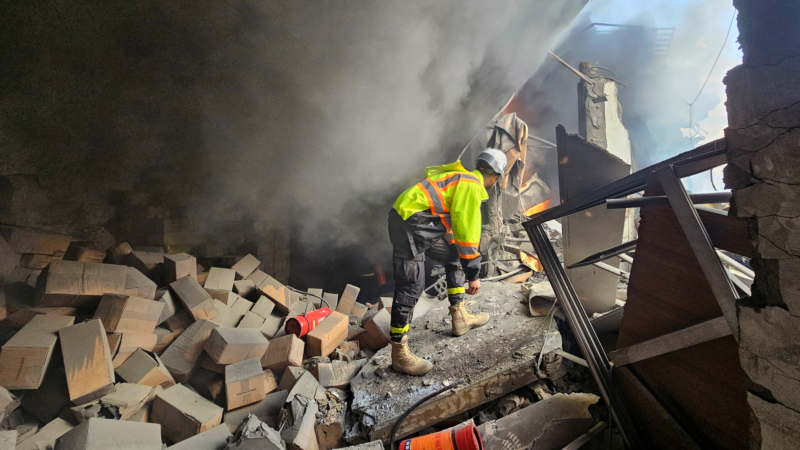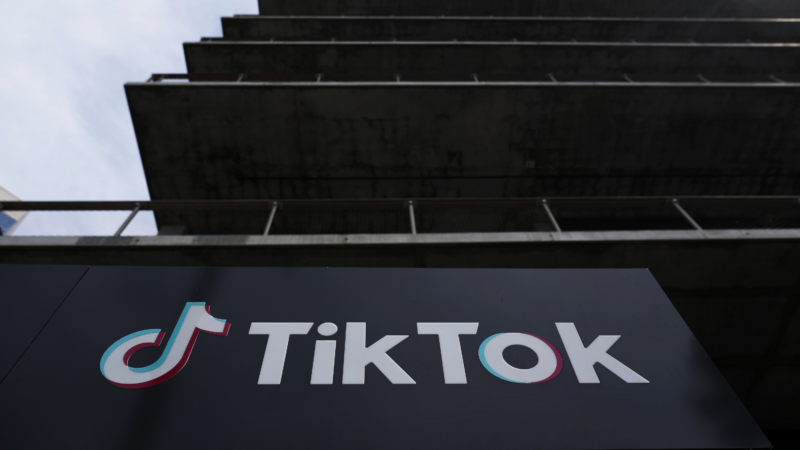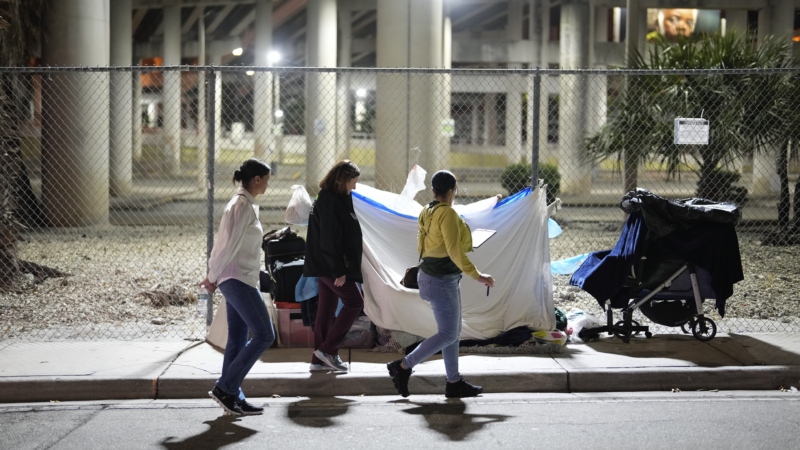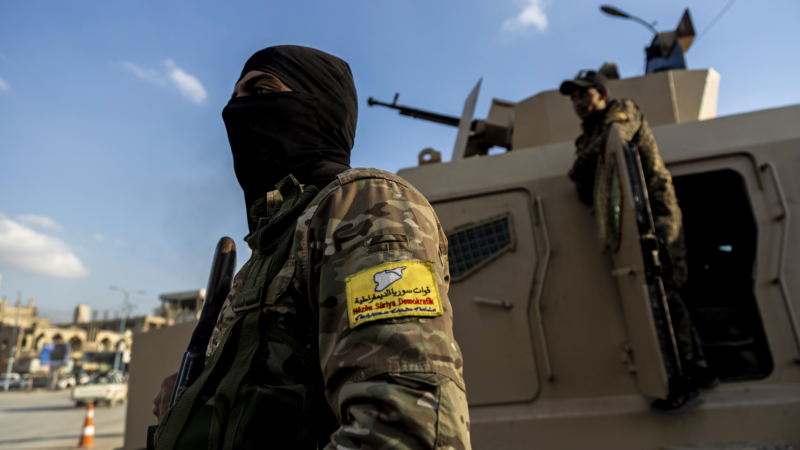Netanyahu urges his cabinet to approve a ceasefire with Hezbollah in Lebanon
Prime Minister Benjamin Netanyahu is urging Israel’s security Cabinet to approve a ceasefire with Hezbollah, paving the way for a possible pause in over a year of fighting with the Iran-backed militant group in Lebanon.
In a TV address Tuesday, Netanyahu laid out his reasons for supporting a ceasefire, including saying that Israel has had success in dismantling Hezbollah’s fighting capabilities and killing senior officials.
“Tonight, I will present to the Cabinet a plan for a ceasefire in Lebanon. The duration of the ceasefire depends on what happens in Lebanon,” Netanyahu said.
“In full coordination with the United States, we are maintaining full military freedom of action,” he continued. “If Hezbollah violates the agreement or attempts to rearm, we will strike.”
Hezbollah is a Shia Muslim militant and political force in Lebanon backed by Iran and listed as a terrorist organization by the U.S., Israel and several other countries. Hezbollah started launching rockets into Israel a day after the Palestinian militant group Hamas led an attack on southern Israel on Oct. 7, 2023.
Israel has launched extensive airstrikes in Beirut and southern Lebanon, including one in September that killed Hezbollah’s longtime leader Hassan Nasrallah. Israel also sent ground troops into southern Lebanon, saying it was fighting to push Hezbollah militants back from its border so that thousands of evacuated residents who fled the group’s rockets in northern Israel could return safely.
A little over a year of the Israeli military campaign in Lebanon has killed more than 3,700 people, many of them civilians, according to the Lebanese Health Ministry, and close to 1 million people have been displaced across Lebanon, according to the United Nations.
In northern Israel, almost 80 people, including soldiers and civilians, have been killed in the fighting and about 60,000 residents have evacuated since October 2023, according to the Israeli government.
On Tuesday, Israel launched airstrikes on Lebanon as the two sides neared a ceasefire and Hezbollah fired multiple rockets into northern Israel.
But concerns in Israel and Lebanon remain about how long a ceasefire can hold and whether civilians can be kept safe.
“This agreement is not good because it does not require the Lebanese army and government to disarm Hezbollah,” Avigdor Lieberman, an opponent of Netanyahu who is a lawmaker in Israeli parliament, said Monday.
This is a developing story that will be updated.
Willem Marx reported from London. Daniel Estrin contributed reporting from Jerusalem and Jawad Rizkallah contributed from Beirut.
Trump asks the Supreme Court to delay the start of the TikTok ban
President-elect Donald Trump asked the Supreme Court on Friday to pause the potential TikTok ban from going into effect until his administration can pursue a "political resolution" to the issue.
U.S. homelessness jumps to another record high, amid affordable housing shortage
The annual federal count finds more than 770,000 people living in shelters or outside. It cites rising rents and the recent surge in migrants as key factors behind the increase.
Sportscaster Greg Gumbel dies at age 78
Greg Gumbel, a longtime CBS sportscaster, has died from cancer, according to a statement from family released by CBS on Friday. He was 78.
Costco egg recall for salmonella receives FDA’s most severe designation
The FDA has classified its recall of eggs sold under Costco's Kirkland brand as a Class I recall, a designation reserved for instances of the highest potential health risk — including death.
Syria’s U.S.-backed Kurdish coalition faces an uncertain future after Assad’s ouster
After Bashar al-Assad's ouster, there are questions about the fate of the Syrian Democratic Forces, the U.S.-backed Kurdish coalition that currently controls a third of Syrian territory.
At least 9 people died when a bridge collapsed in Brazil
Another eight people remain unaccounted for. Several cars and trucks plunged into the Tocantins River after a section of the 1,748-foot-long bridge crumbled on Sunday.






